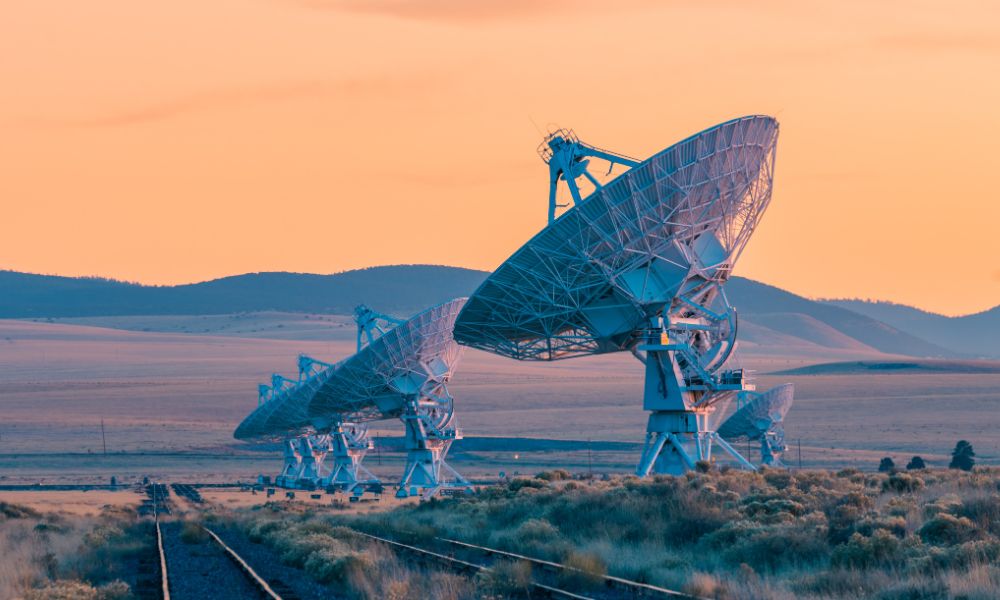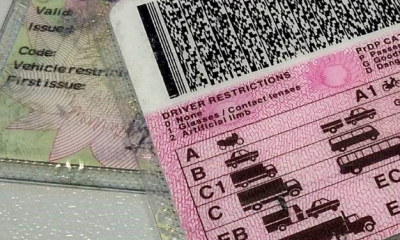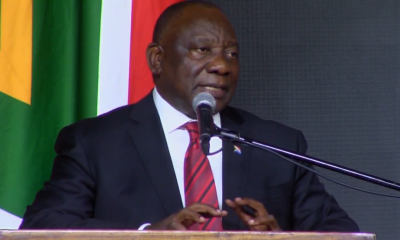Business
Vodacom Plans to Bring Amazon’s Project Kuiper Satellites to South Africa

Vodacom, one of South Africa’s leading mobile network operators, has announced plans to leverage Amazon’s Project Kuiper satellites to enhance connectivity across the country. This initiative aims to fill signal gaps in remote and underserved areas, bringing 4G and 5G connectivity to regions without traditional cellphone towers.
Bridging the Connectivity Gap with Project Kuiper
Amazon’s Project Kuiper is a low earth orbit (LEO) satellite constellation designed to provide global broadband internet access. Vodacom plans to deploy this technology in South Africa once Amazon’s production satellites become operational. The direct-to-device (D2D) service will allow standard 4G and 5G smartphones to make calls, send SMSs, and use mobile data in areas without terrestrial network coverage.
“Vodacom and Vodafone remain committed to potentially using Amazon’s Project Kuiper to extend the reach of their network coverage in Africa,” a Vodacom spokesperson told MyBroadband. “It is envisaged that Vodacom, Vodafone, and Project Kuiper would potentially begin deploying services in Africa and Europe when Amazon’s production satellites come online.”
How Project Kuiper Works
Project Kuiper’s LEO satellites act as cellular towers in space, providing connectivity almost anywhere on the planet with a clear view of the sky. This technology is particularly beneficial for remote areas where building traditional infrastructure is challenging or cost-prohibitive.
While terrestrial networks remain superior in terms of speed and reliability, D2D services can supplement existing networks, ensuring seamless connectivity even in the most isolated regions. South African businesses and consumers have already adopted satellite connectivity using fixed access points, but D2D represents a new frontier in mobile connectivity.
Regulatory Challenges and Opportunities
Vodacom has welcomed the Independent Communications Authority of South Africa’s (Icasa) public hearing on proposed satellite frameworks. However, the company expressed concerns about some proposals that lack adequate substantiation or legal support.
“We welcome the authority’s consultation in this regard, noting that satellite services have the potential to supplement mobile terrestrial services subject to appropriate regulatory terms and conditions,” the Vodacom spokesperson said. “However, some proposals appear to suggest an approach that is not supported in law.”
Vodafone’s Pioneering Role in D2D
Vodafone, Vodacom’s parent company, has been at the forefront of D2D technology in Africa. In September 2023, Vodafone and AST SpaceMobile completed the world’s first space-based 5G voice call using an unmodified Samsung Galaxy S22 smartphone and AST SpaceMobile’s BlueWalker 3 test satellite.
In 2024, the partnership achieved another milestone by breaking the previous space-based cellular broadband data session record, achieving a download rate of nearly 14Mbps. “This new technology has the potential to connect millions of people in the remotest regions to the internet for the first time,” Vodacom said.
MTN’s Satellite Ambitions
MTN Group, another major player in the African telecommunications market, is also exploring D2D opportunities. The company is in talks with several LEO satellite providers, including Starlink, AST SpaceMobile, Lynk, and Omnispace, to enhance connectivity across its markets.
“We remain committed to advancing direct-to-cell roaming capabilities in markets where feasible,” MTN said in 2024. The company is also exploring carrier backhaul services through Starlink, Eutelsat, and Amazon, adopting a multi-vendor approach to leverage the dynamic and nascent nature of the satellite industry.
The Future of Connectivity in South Africa
Vodacom’s partnership with Amazon’s Project Kuiper marks a significant step forward in bridging South Africa’s digital divide. By combining terrestrial networks with satellite-based D2D services, Vodacom aims to provide seamless connectivity to even the most remote areas.
As the technology evolves and regulatory frameworks are refined, satellite connectivity has the potential to revolutionize internet access in South Africa, driving economic growth and improving quality of life for millions of people.
Follow Joburg ETC on Facebook, Twitter , TikTok and Instagram
For more News in Johannesburg, visit joburgetc.com


























